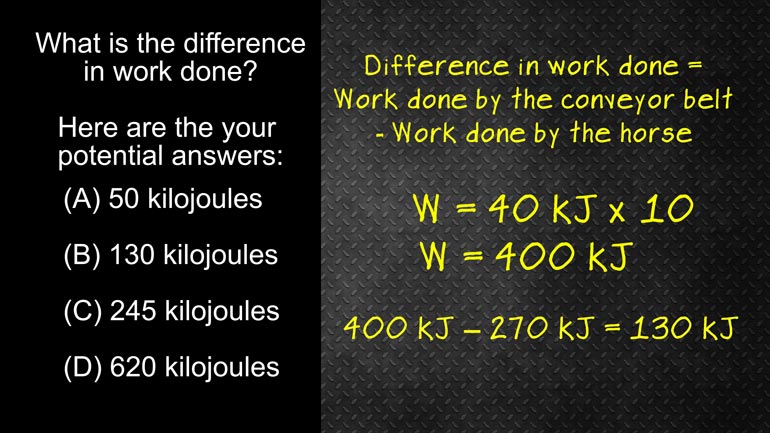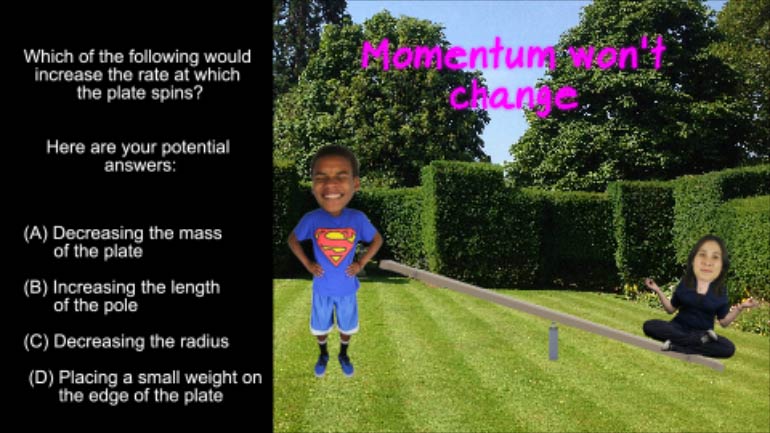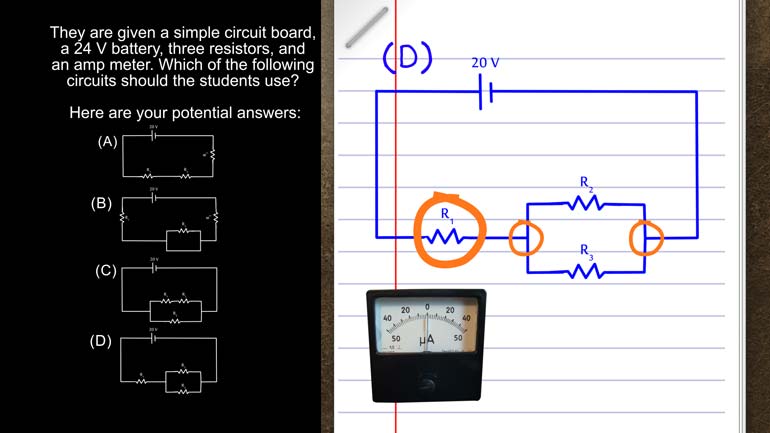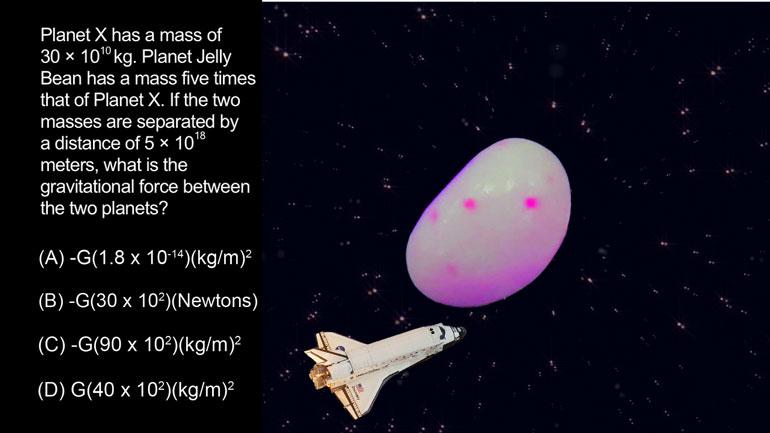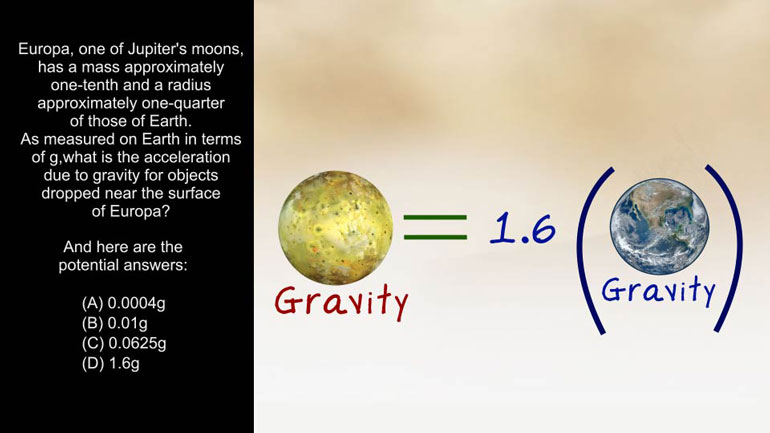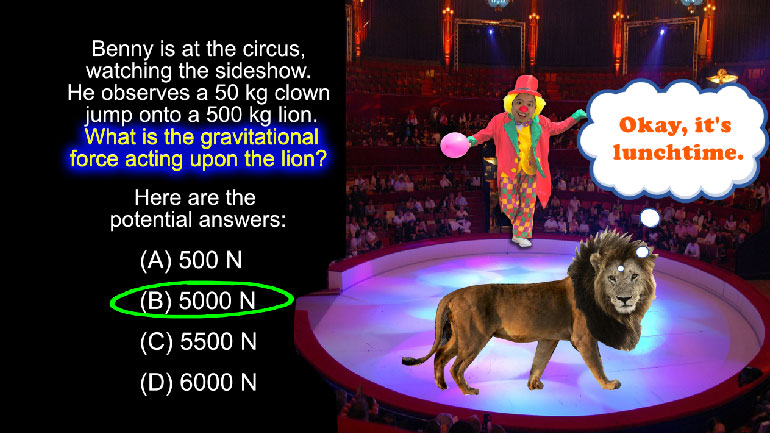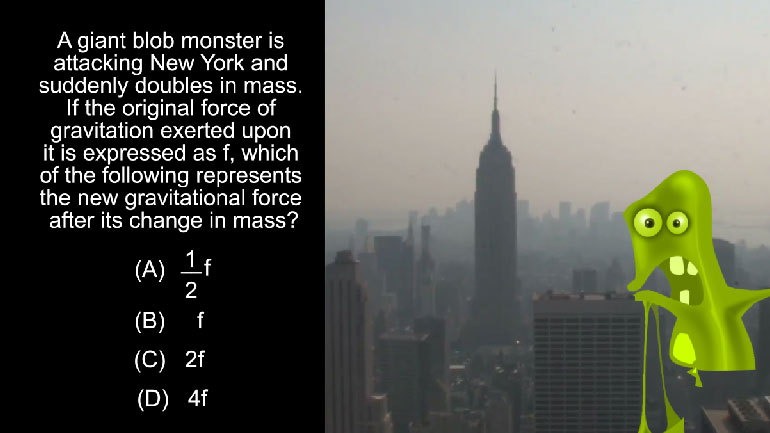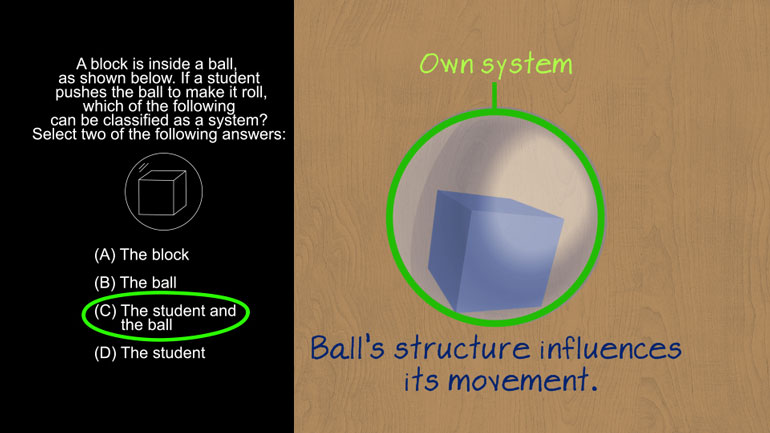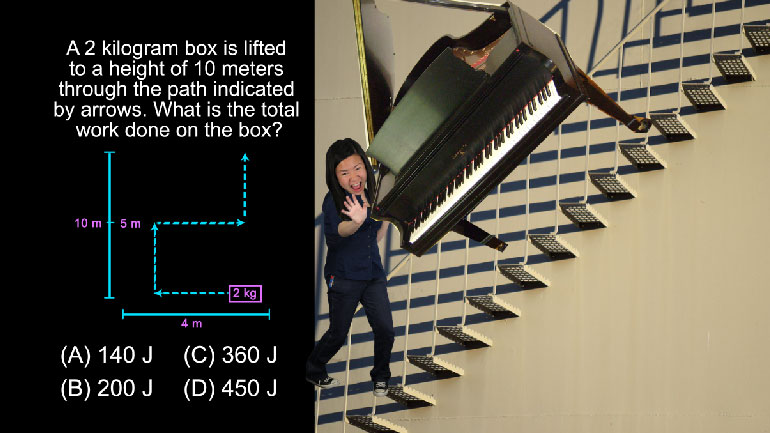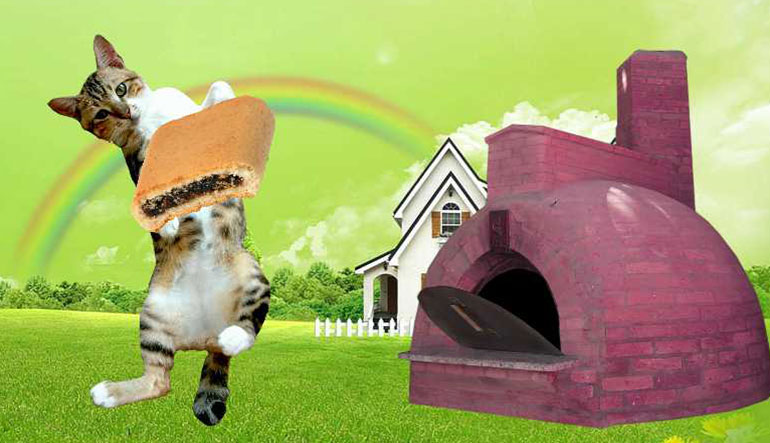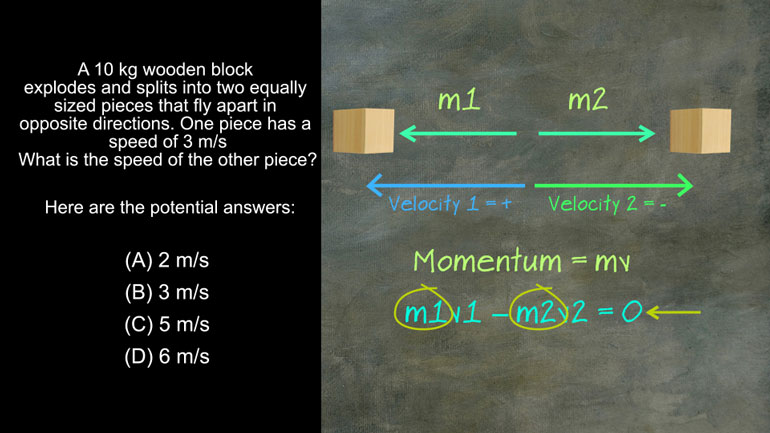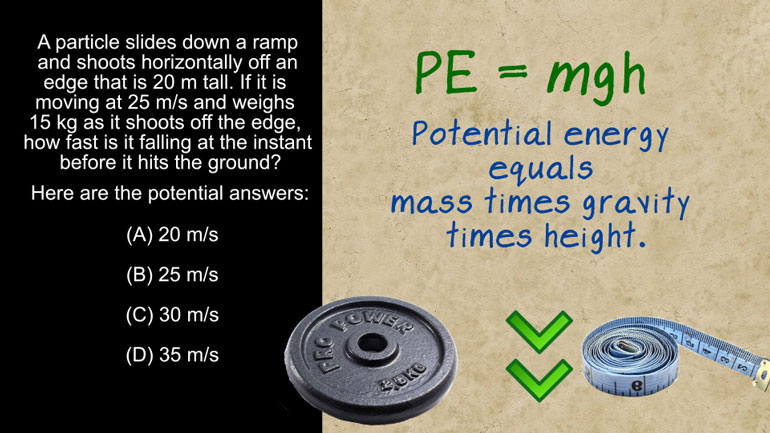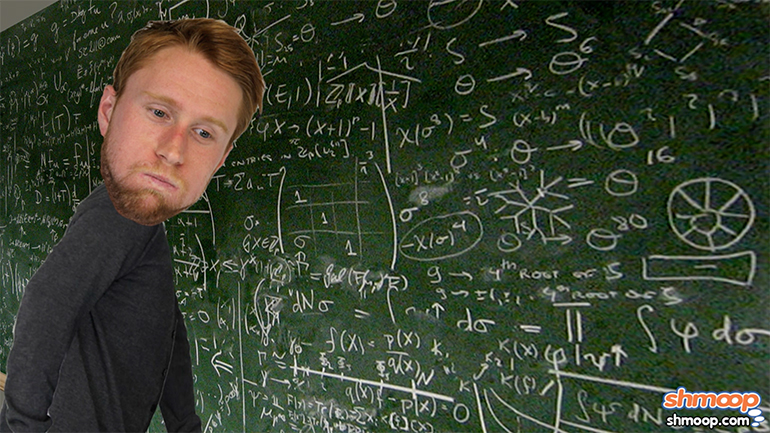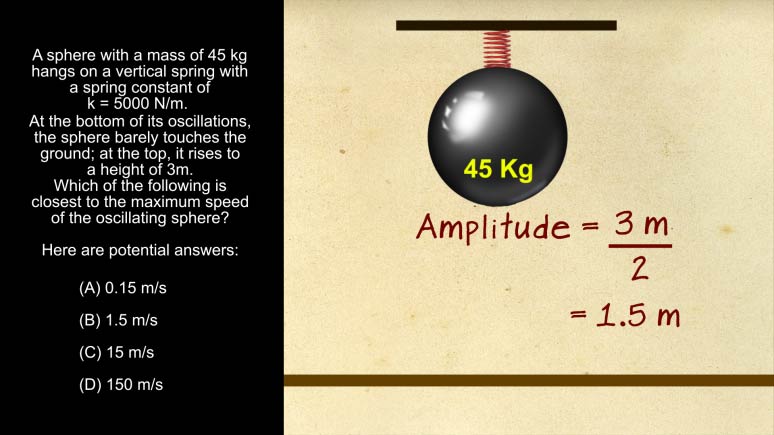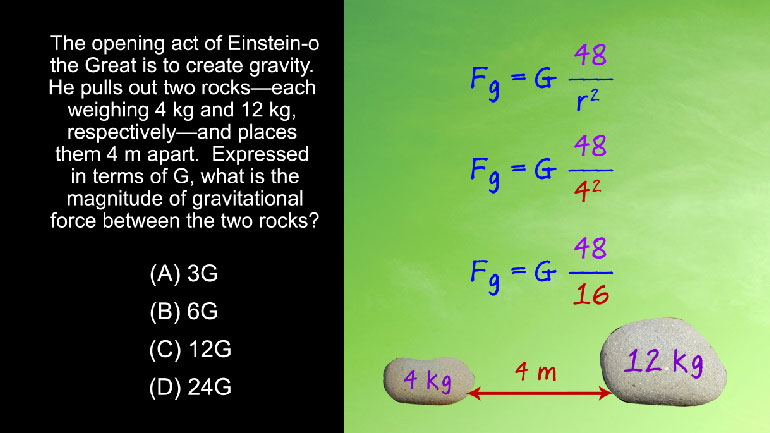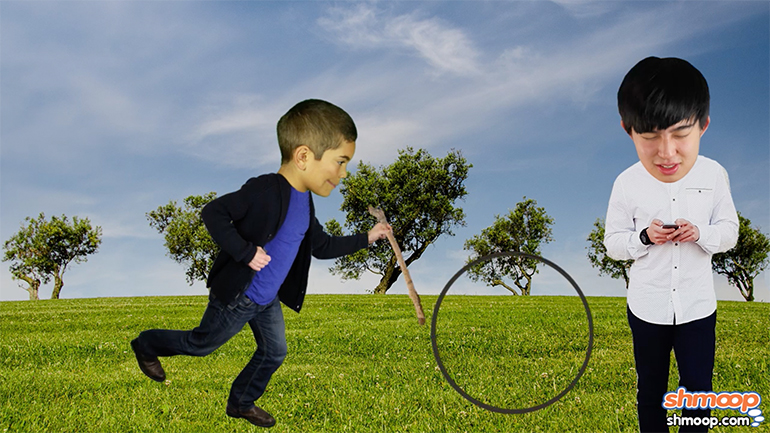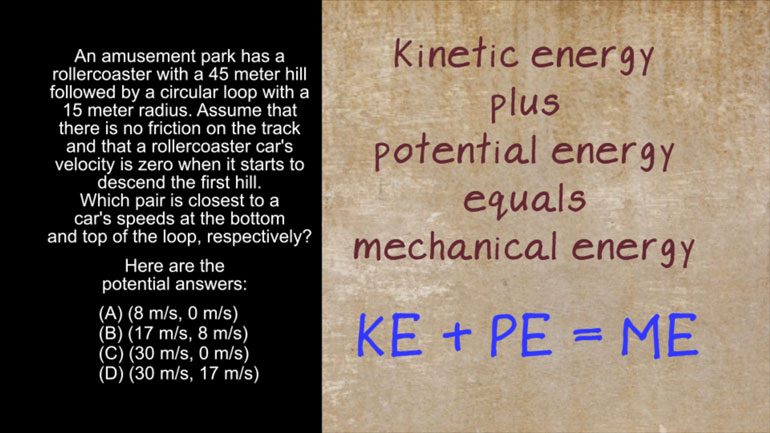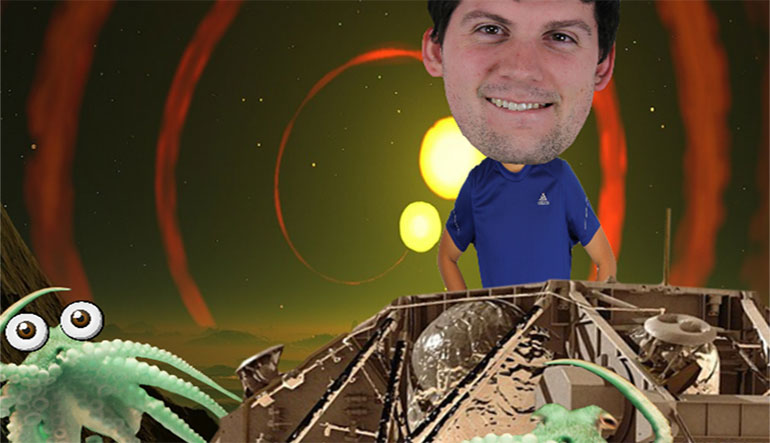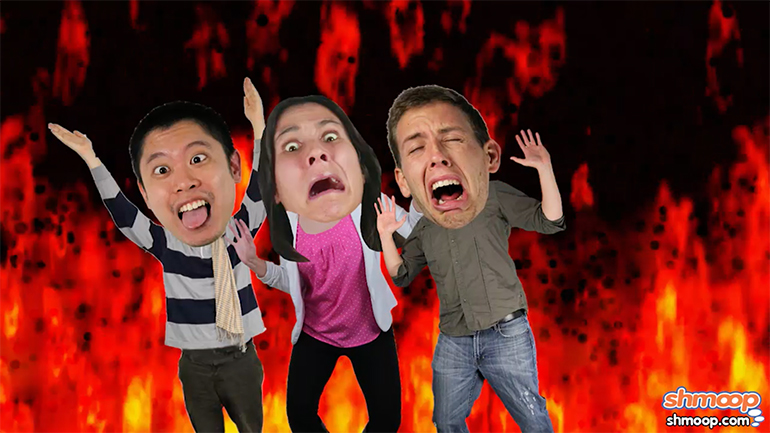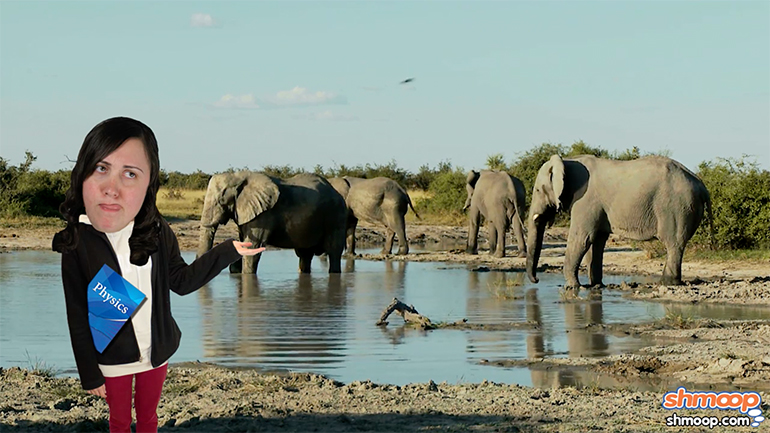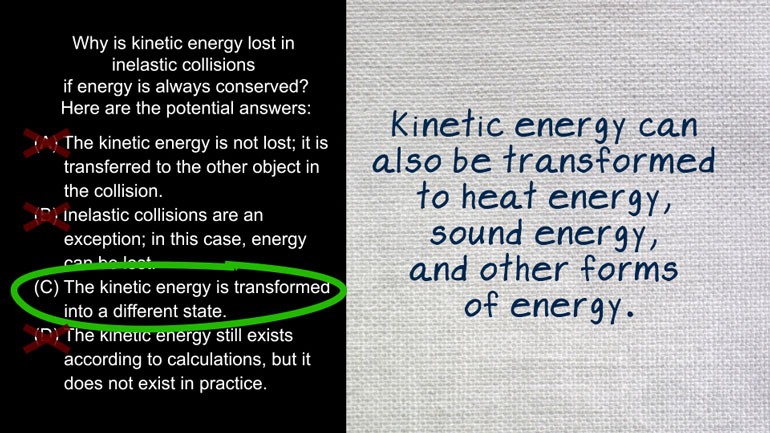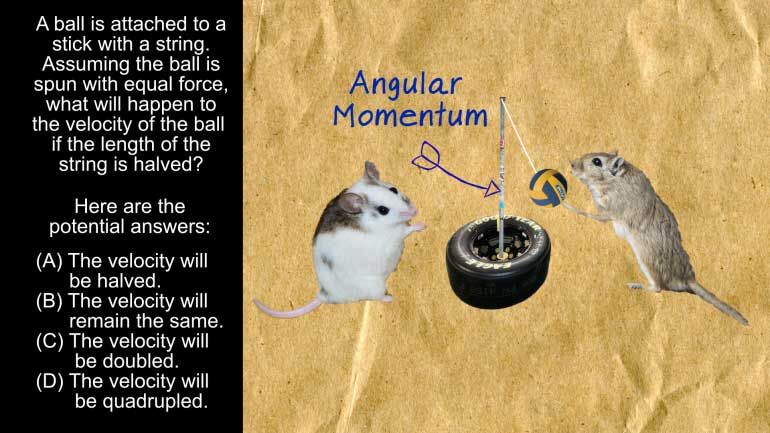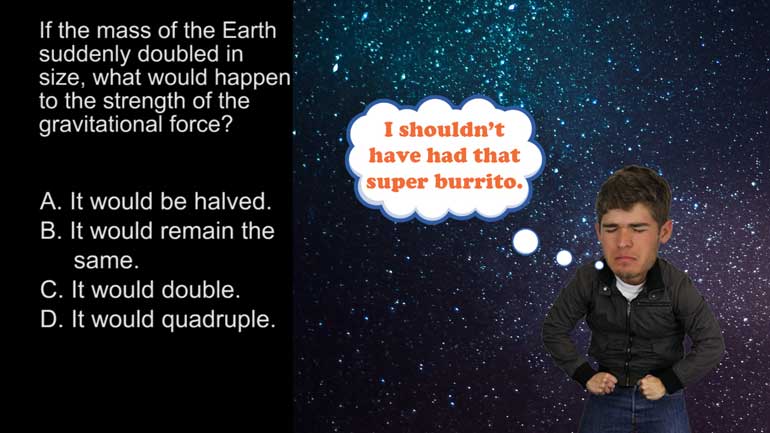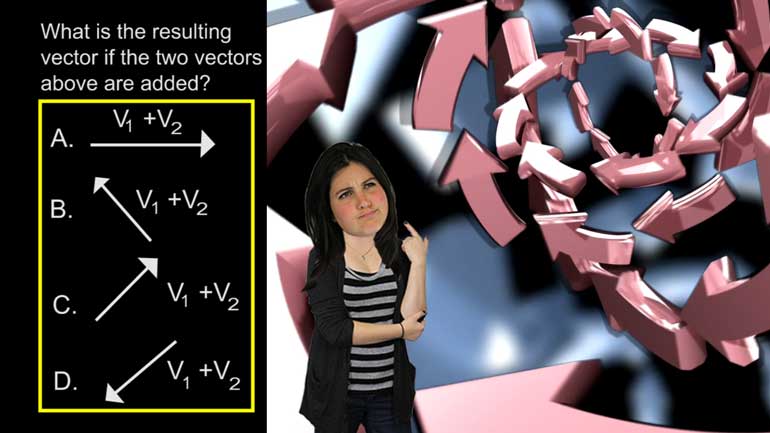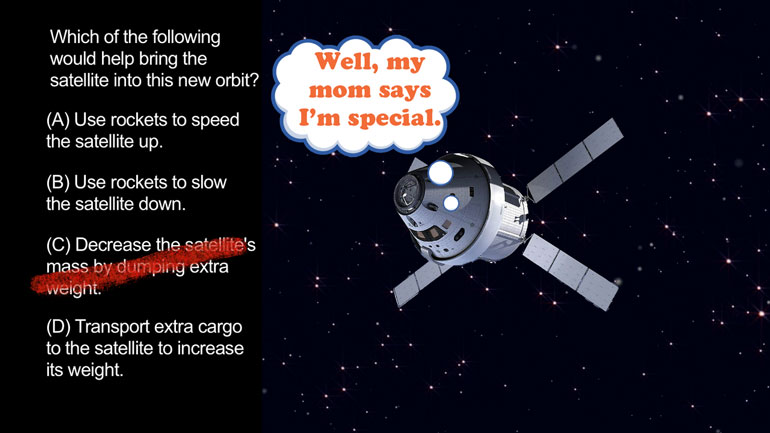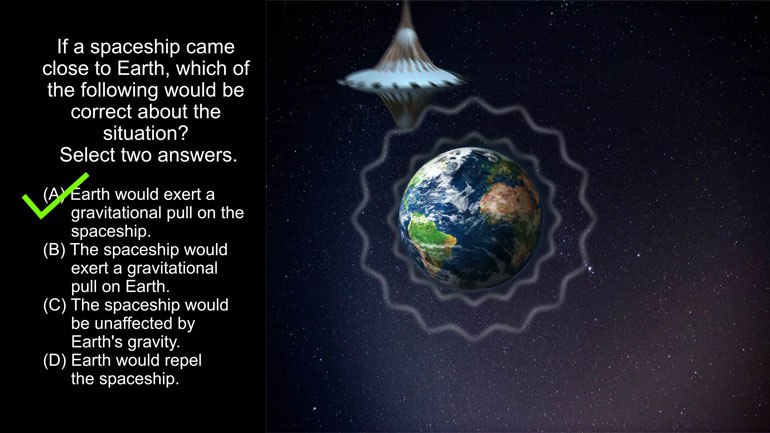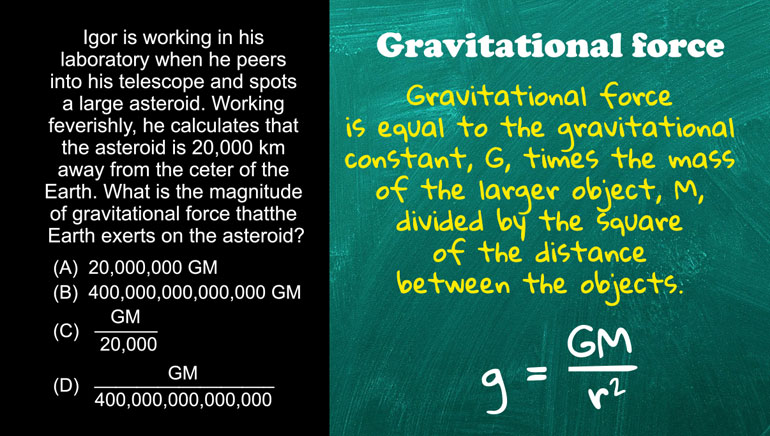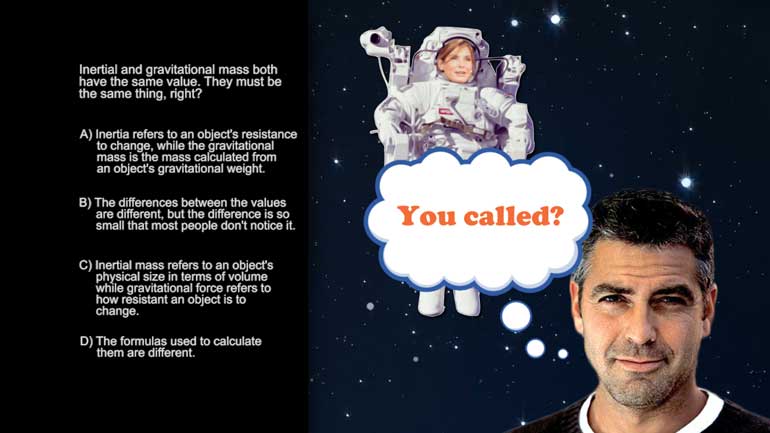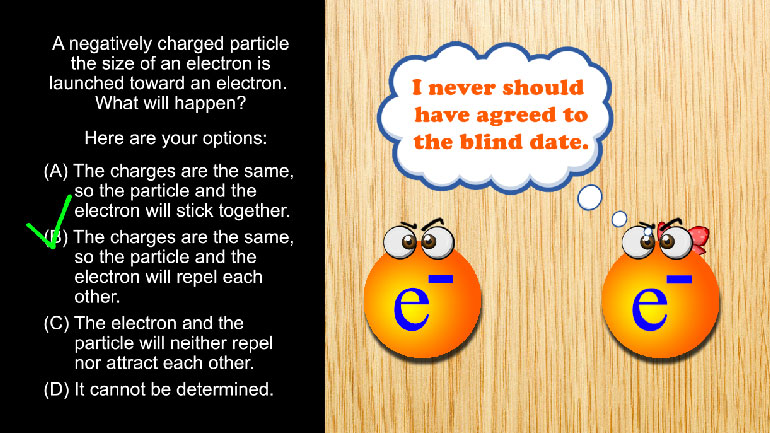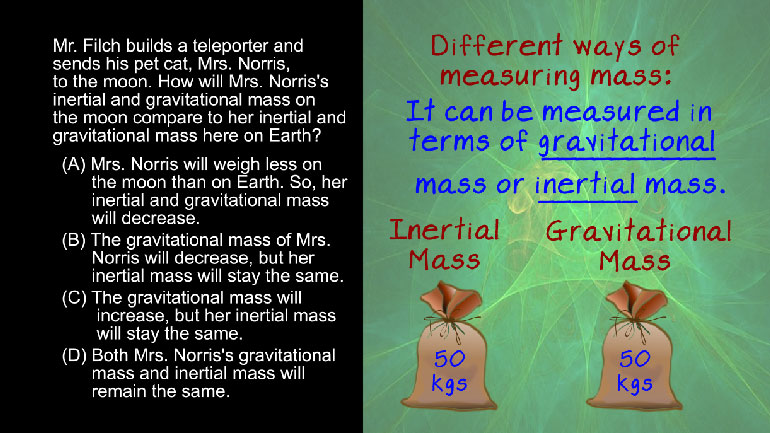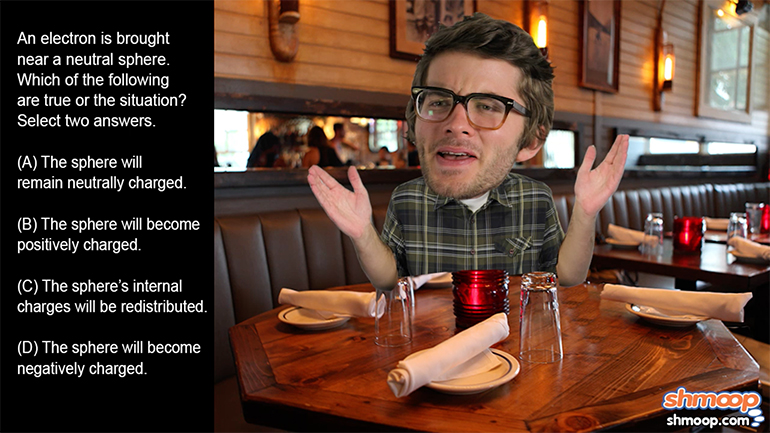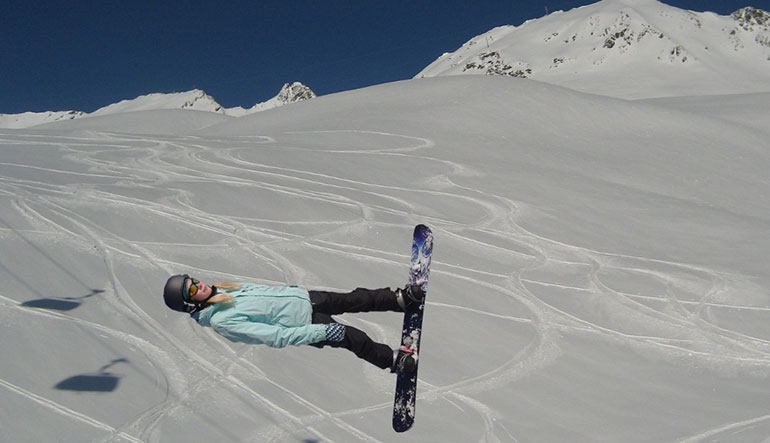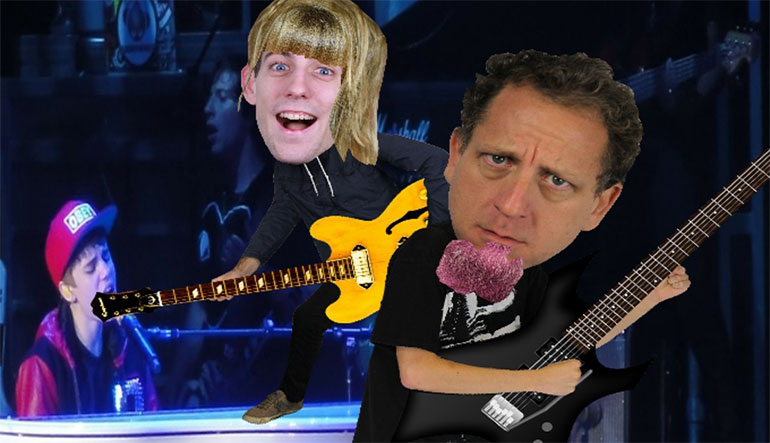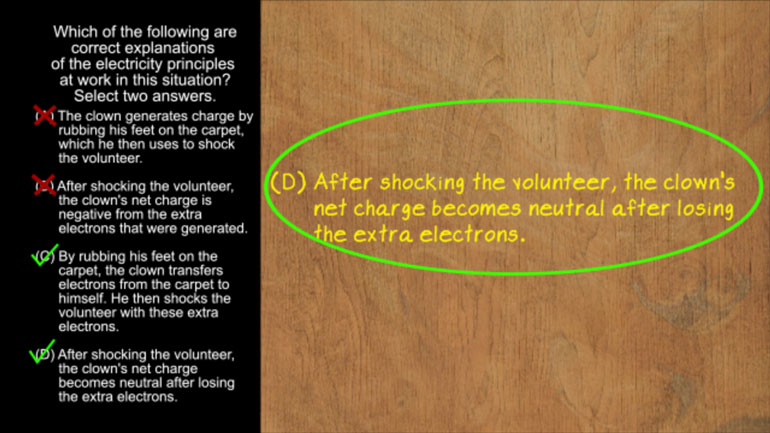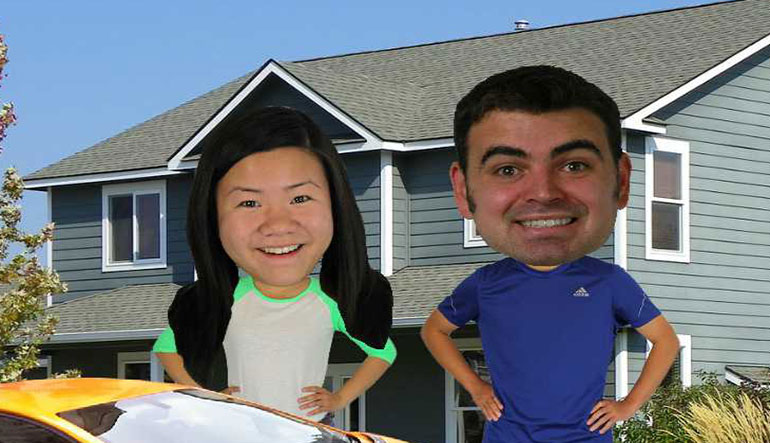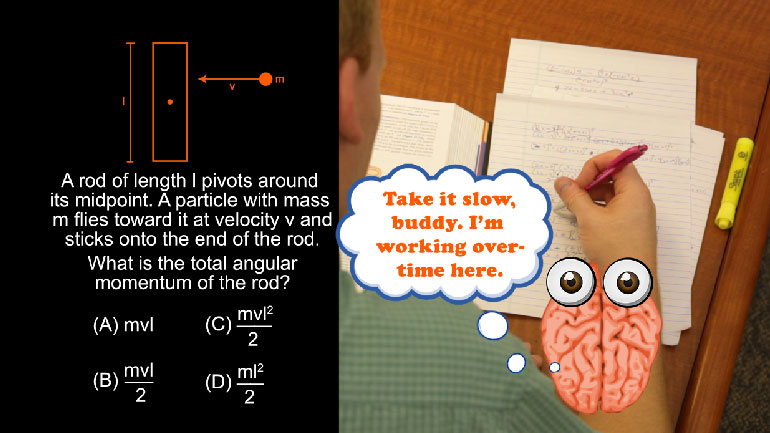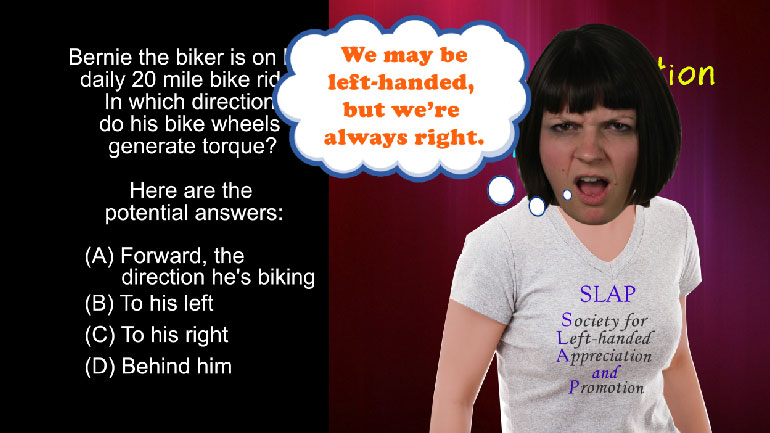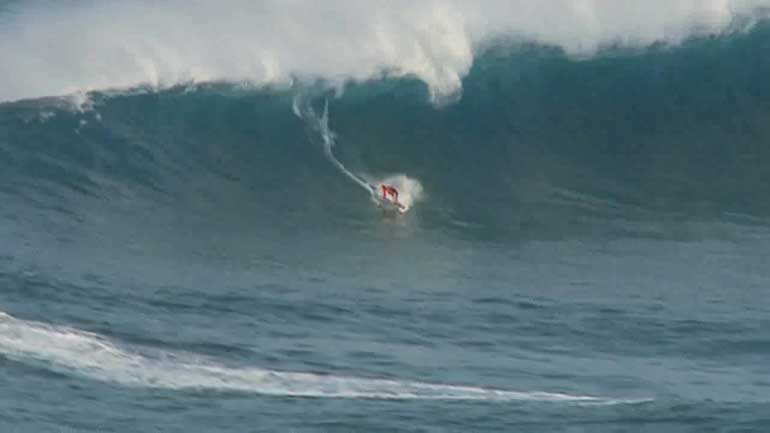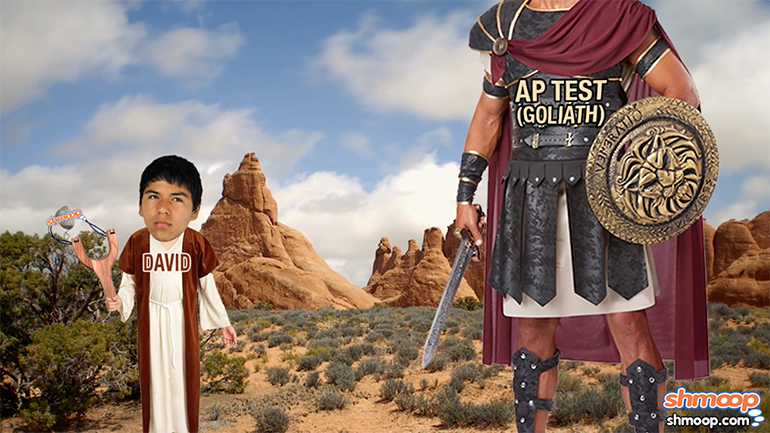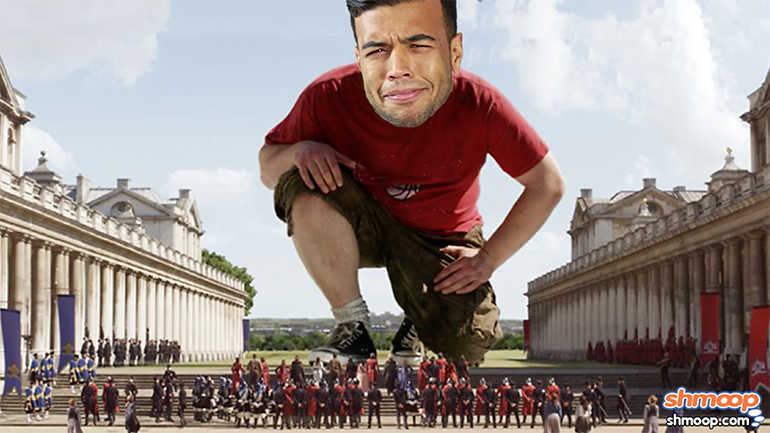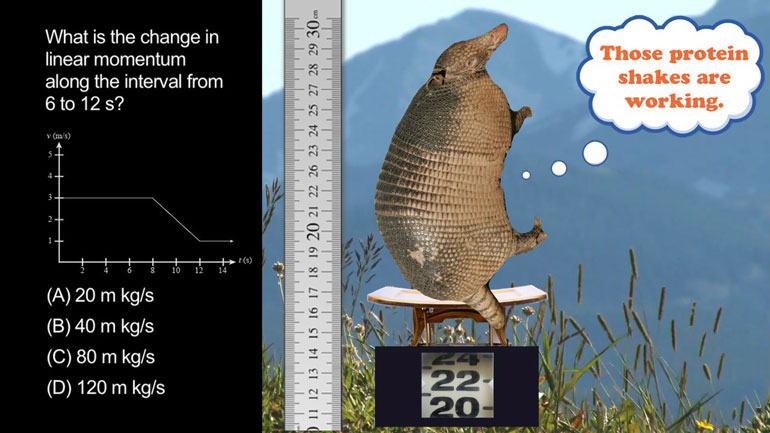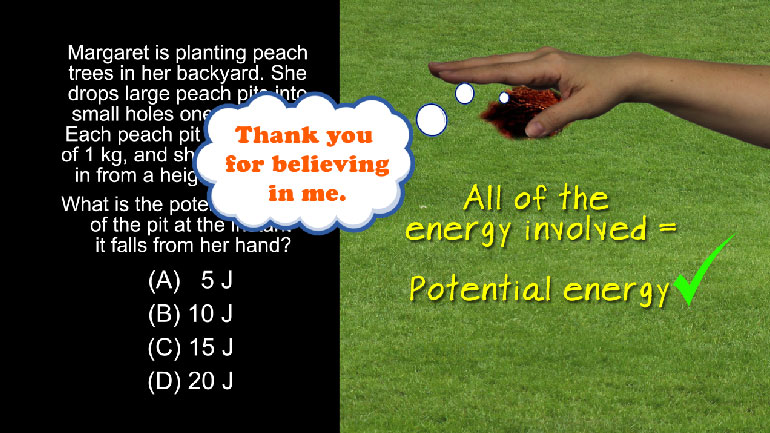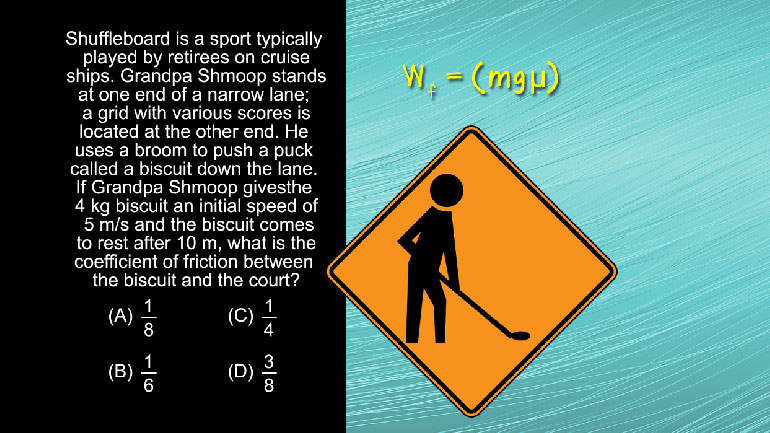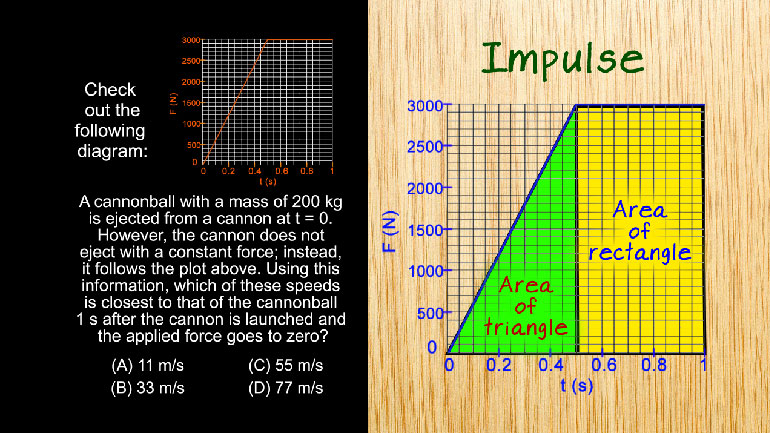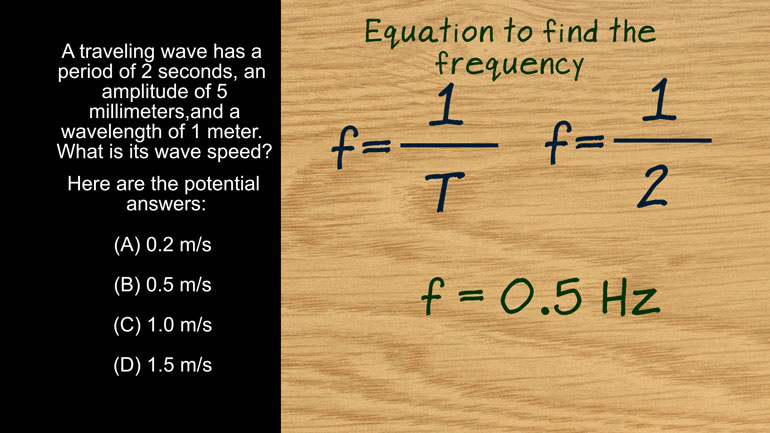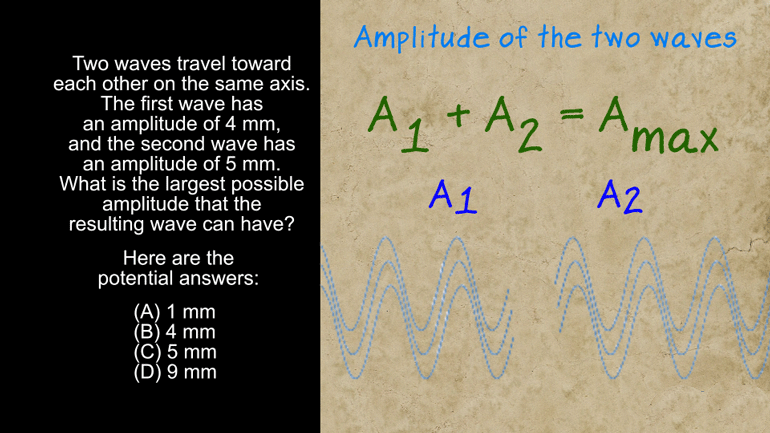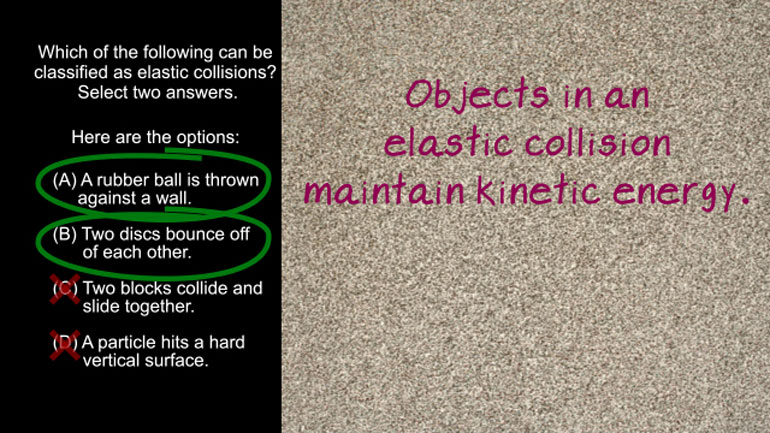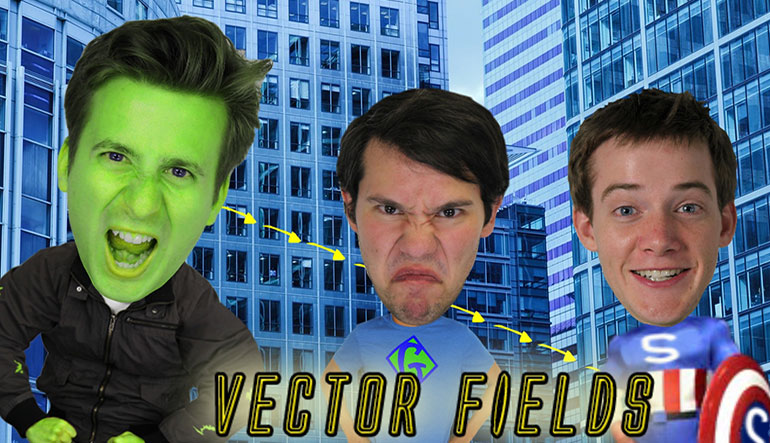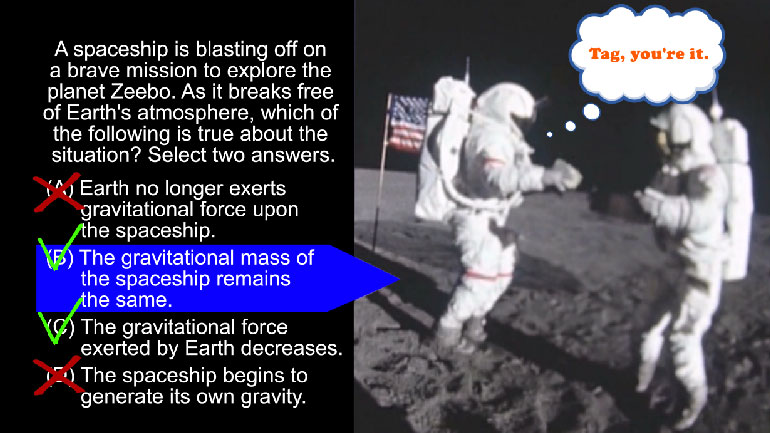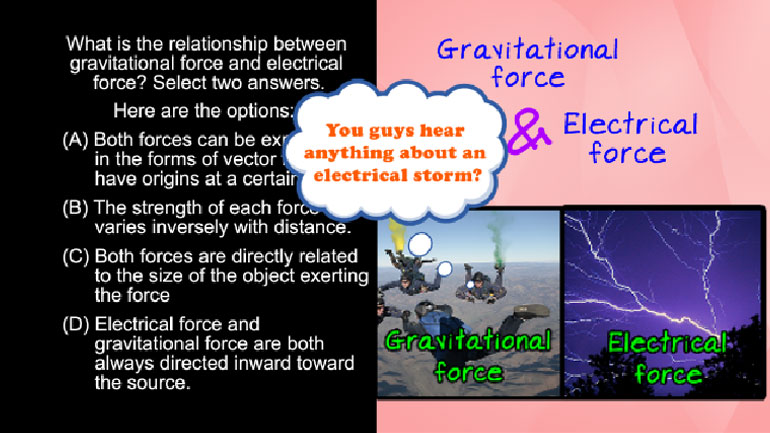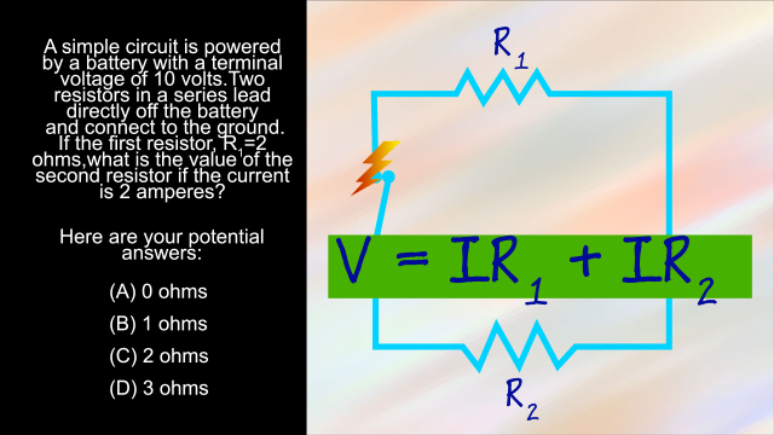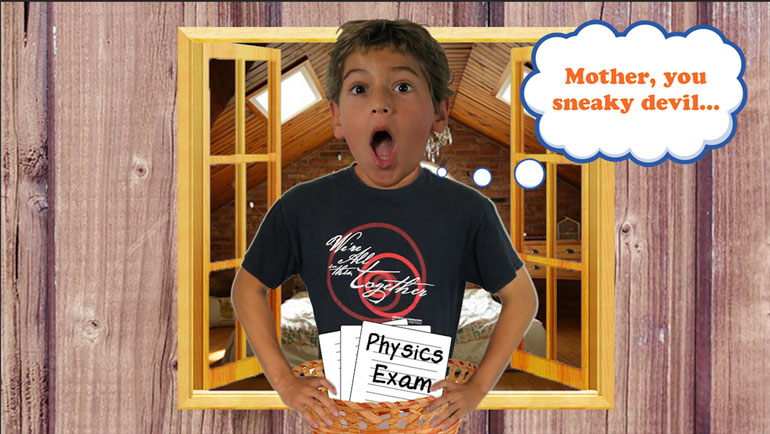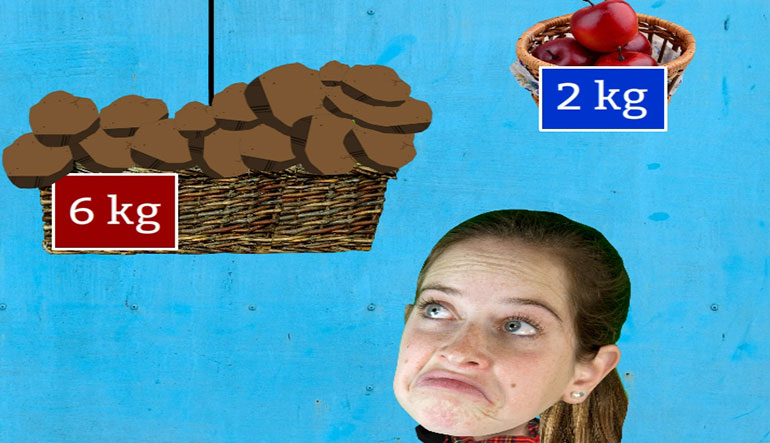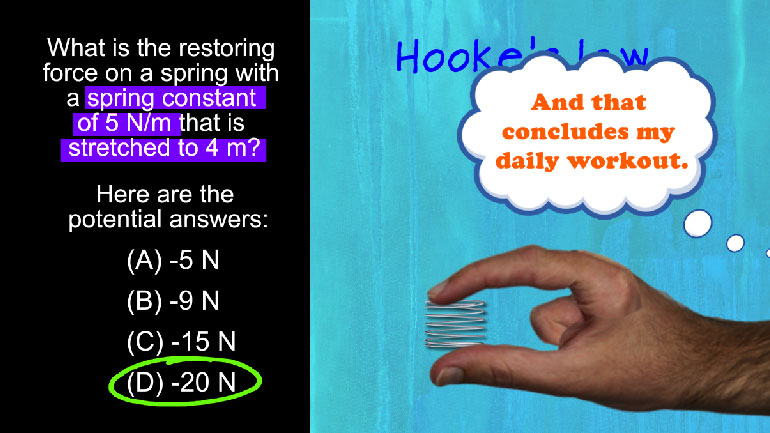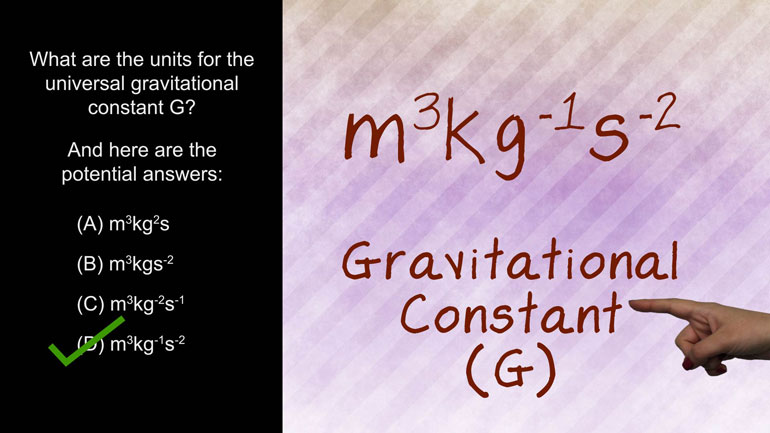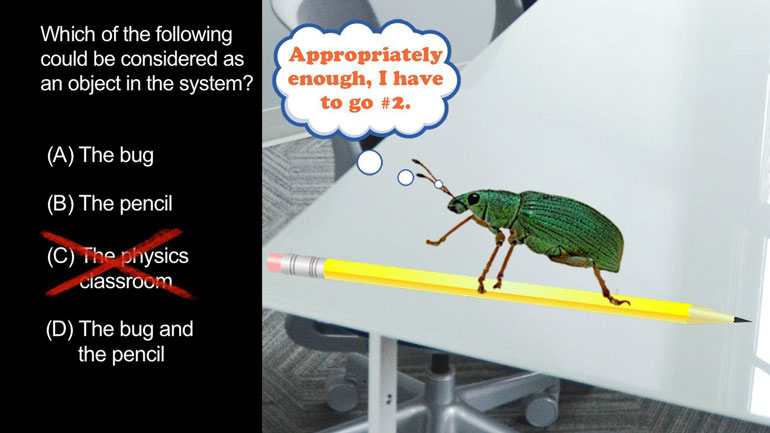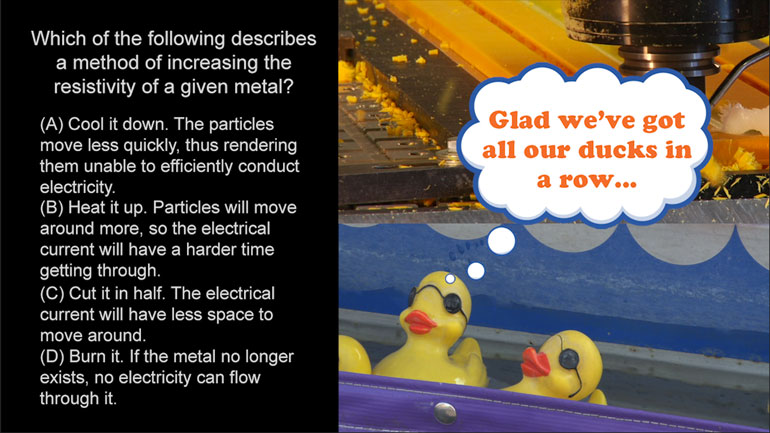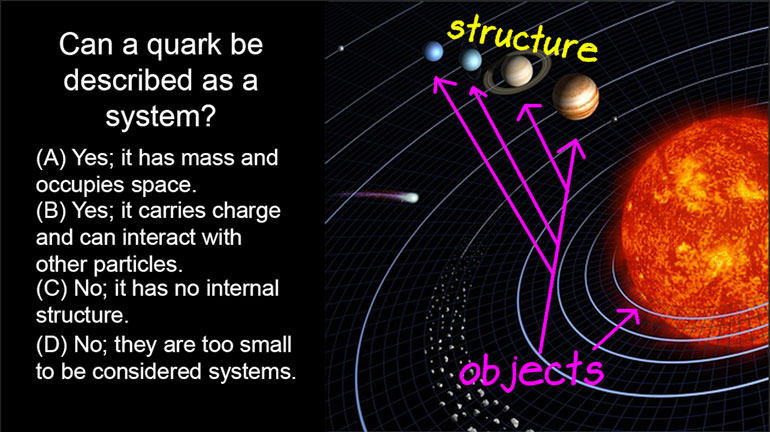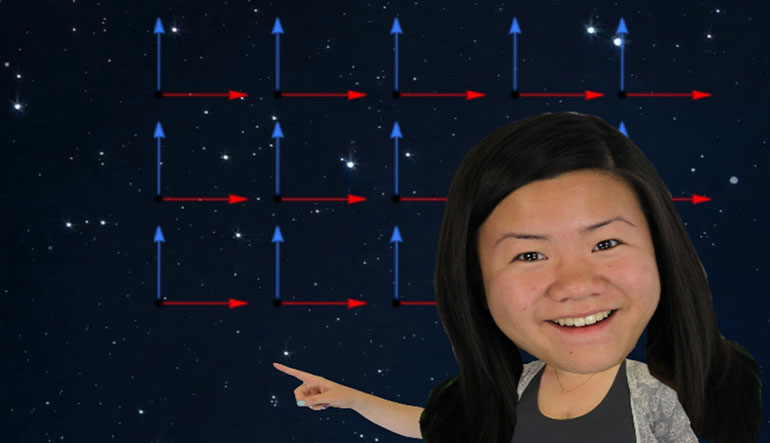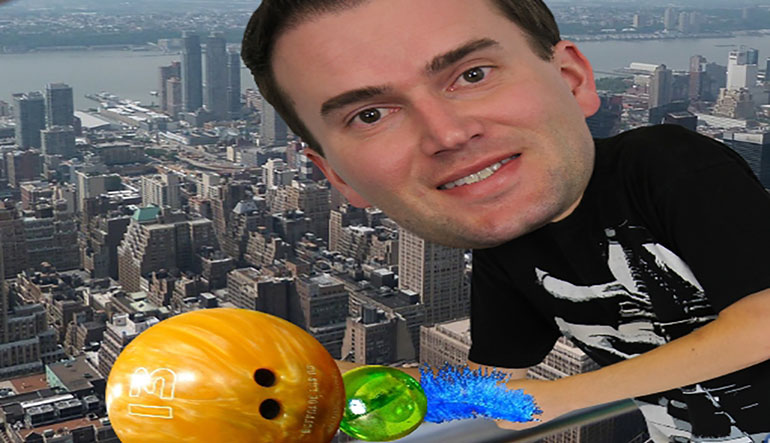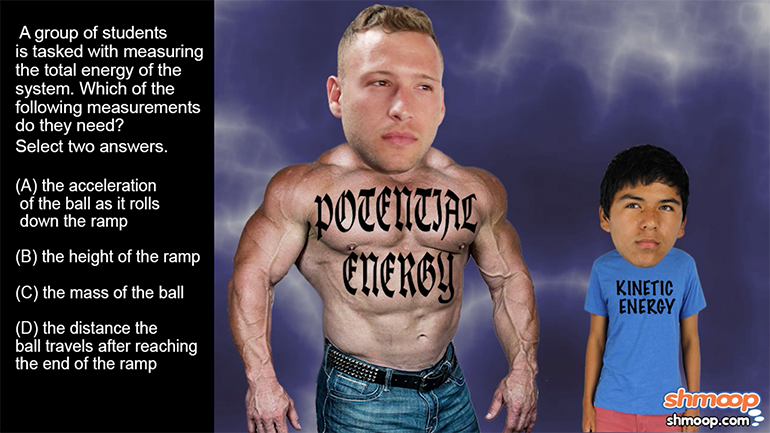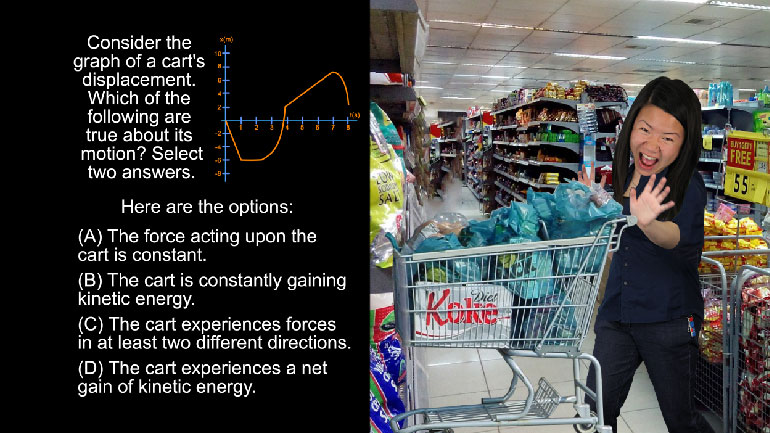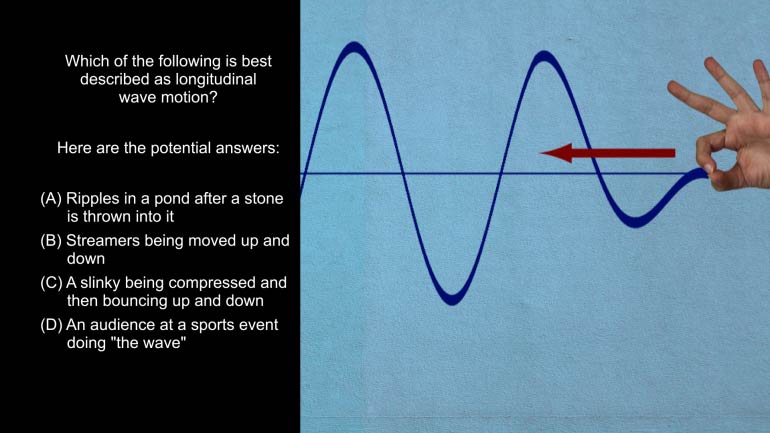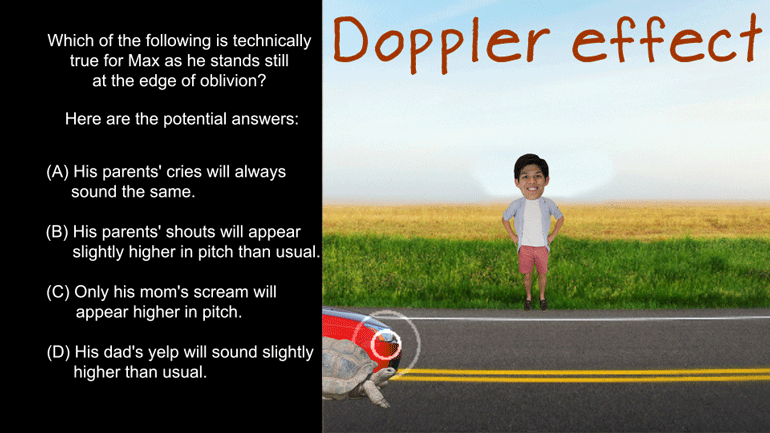ShmoopTube
Where Monty Python meets your 10th grade teacher.
Search Thousands of Shmoop Videos
AP Physics 1 Videos 69 videos
AP Physics 1: 3.3 Changes and Conservation Laws. What is the difference in work done?
AP Physics 1: 3.5 Changes and Conservation Laws. Which of the following would increase the rate at which the plate spins?
AP Physics 1: 2.4 Changes and Conservation Laws. Which of the following circuits should the students use?
AP Physics 1: 1.5 Changes and Conservation Laws 221 Views
Share It!
Description:
AP Physics 1: 1.5 Changes and Conservation Laws. Which of the following can be classified as elastic collisions?
Transcript
- 00:00
Thank you We sneak And here's your shmoop du jour
- 00:05
brought to you by elastic Without it superman just wouldn't
- 00:08
look the same You need that elastic there personally or
- 00:12
which of the following can be classified as elastic collisions
- 00:15
Like two answers And here the option remember both is
Full Transcript
- 00:20
howard what's an elastic collision Here's a hint it has
- 00:23
nothing to do with our socks falling down that's more
- 00:25
of a well elastic failure An elastic collision occurs when
- 00:30
kinetic energy is maintained after a collision Put it in
- 00:34
highly scientific terms elastic collisions are banksy and in elastic
- 00:38
collisions are sticky Now in the real world there aren't
- 00:41
many collisions that air completely elastic In the real world
- 00:44
elastic collisions usually create heat and involved d formation like
- 00:49
this guy and that's The problem with the real world
- 00:52
It makes our beautiful physics a little well messy But
- 00:56
there are a lot of partially elastic collisions A tennis
- 00:58
player hitting a volley a soccer player heading the ball
- 01:02
into the goal us dominating and bumper cars We'd like
- 01:05
to do that And you know athletes like us are
- 01:07
used to those kind of elastic collisions Ma'am let's take
- 01:10
a look at our options here When a rubber ball
- 01:13
is thrown against a wall it'll bounce back Yep bounce
- 01:16
equals elastic so option a is one of our correct
- 01:18
answers How about option b two discs bouncing off each
- 01:22
other Well that's definitely elastic so that's our second answer
- 01:25
Let's Take a look at the other two incorrect choices
- 01:27
below because of well you know learning We guess if
- 01:30
two blocks collide and slide together well that would be
- 01:33
in elastics since they're sticking together and kinetic energy is
- 01:37
lost and option d is wrong too If a particle
- 01:40
hits a hard service and doesn't bounce off well that's
- 01:43
not an elastic collision Well just remember objects in an
- 01:46
elastic collision Maintain kinetic energy After all elastic is stretching
- 01:50
and bouncy right which is a good thing because superman
- 01:53
and sweat pants uh well just looks like our uncle 00:01:56.343 --> [endTime] murray
Related Videos
AP Physics 1: 2.5 Changes and Conservation Law. At what point(s) in this situation is energy lost in any form?
AP Physics 1: 1.4 Waves. Which of the following is technically true for Max as he stands at the edge of oblivion?
AP Physics 1: 1.4 Changes and Conservation Laws. Find the current across R2.
AP Physics 1: 2.4 Changes and Conservation Laws. Which of the following circuits should the students use?
AP Physics 1: 1.5 Waves. What can possibly occur when the two waves reach each other?
